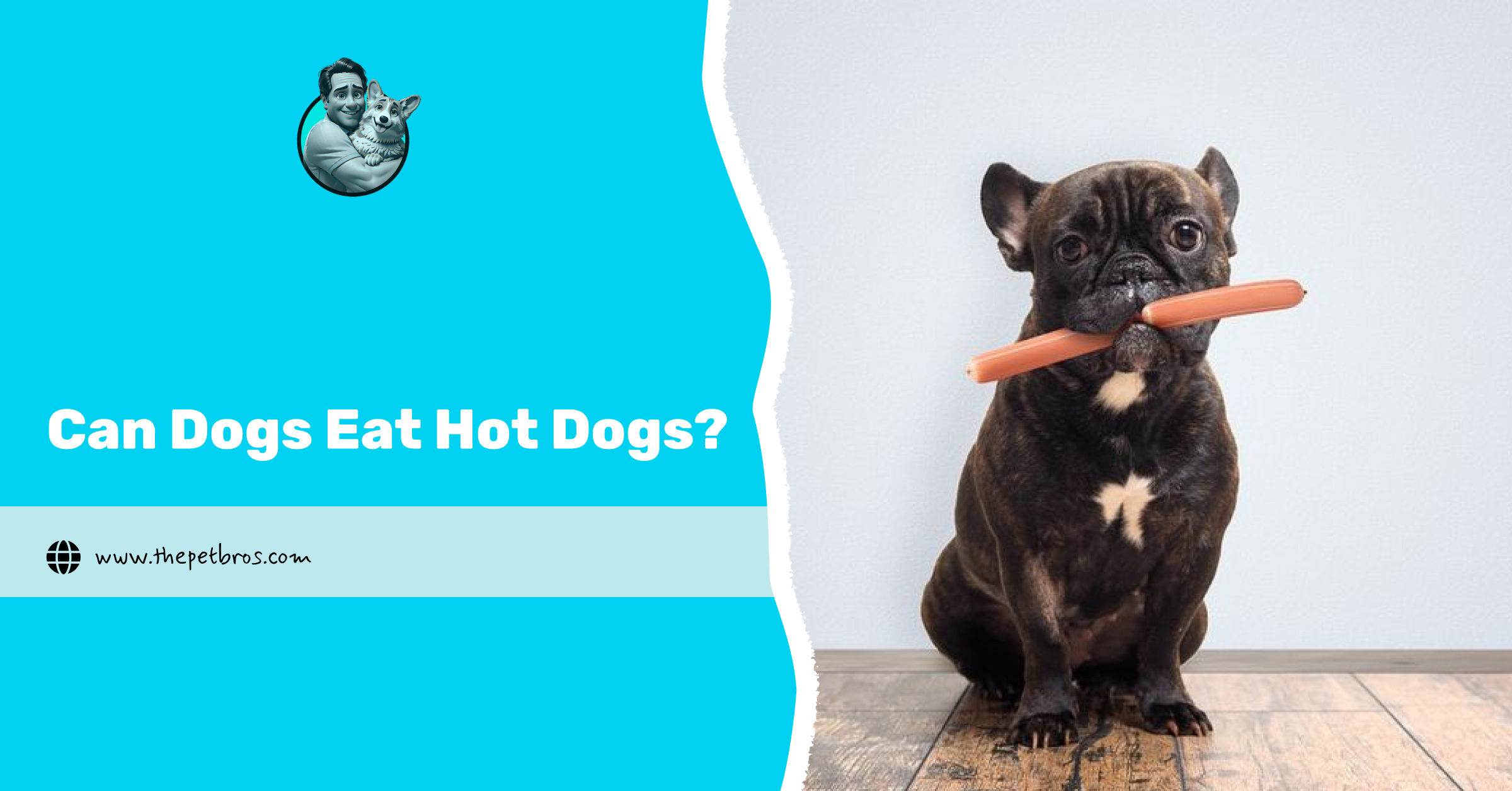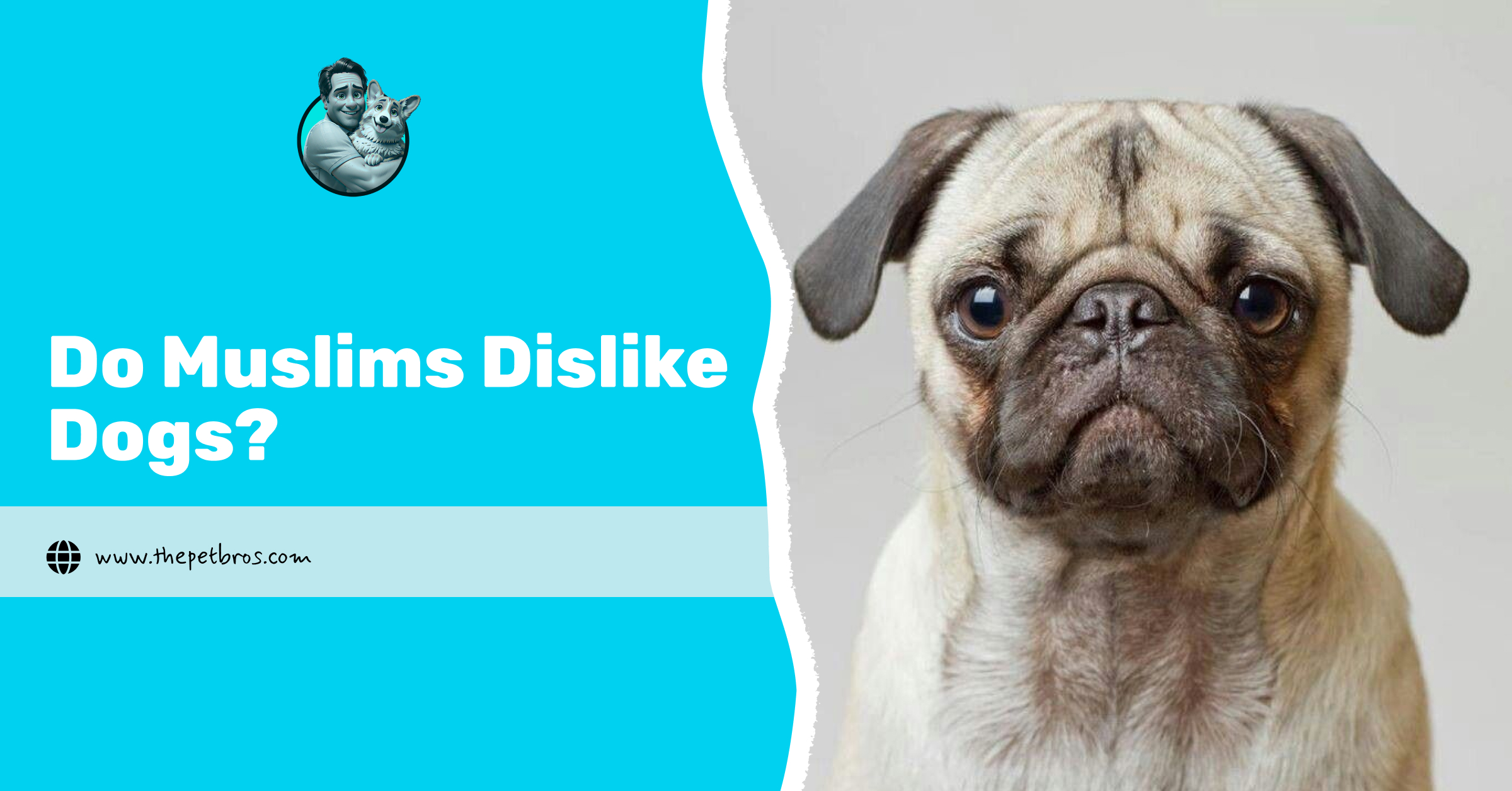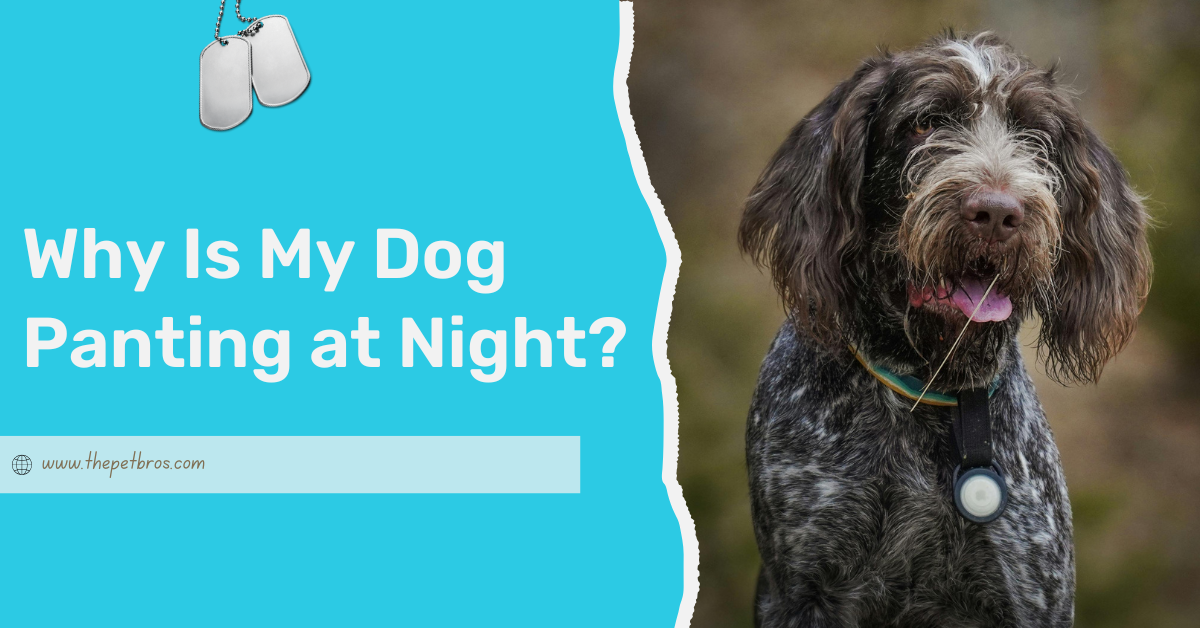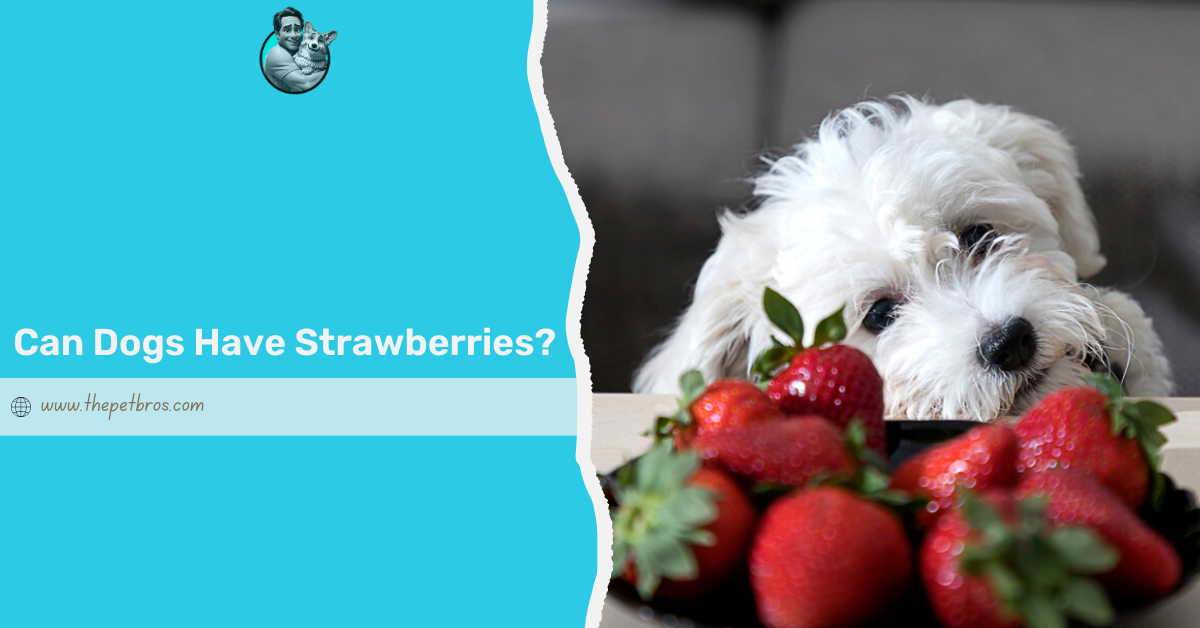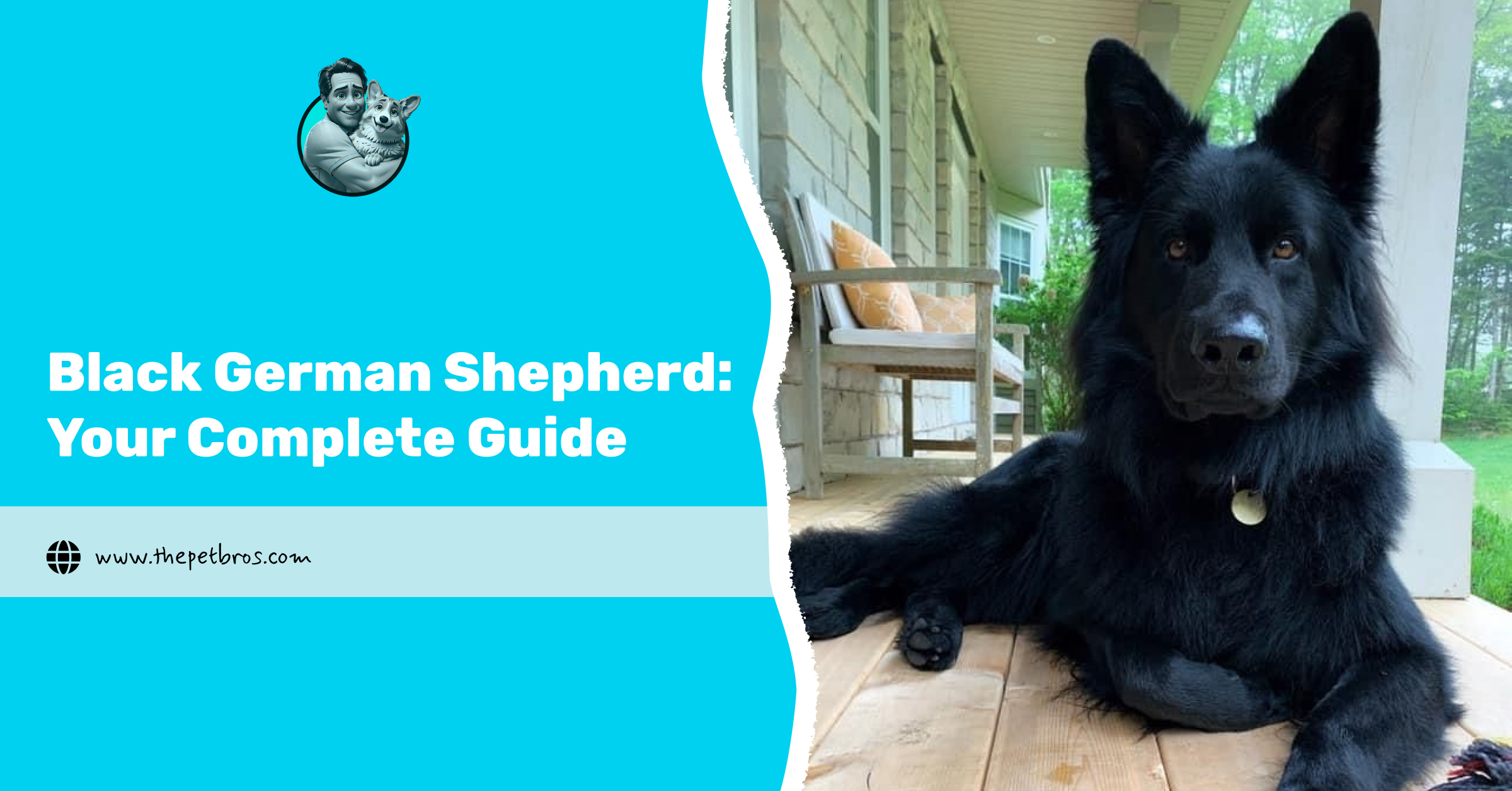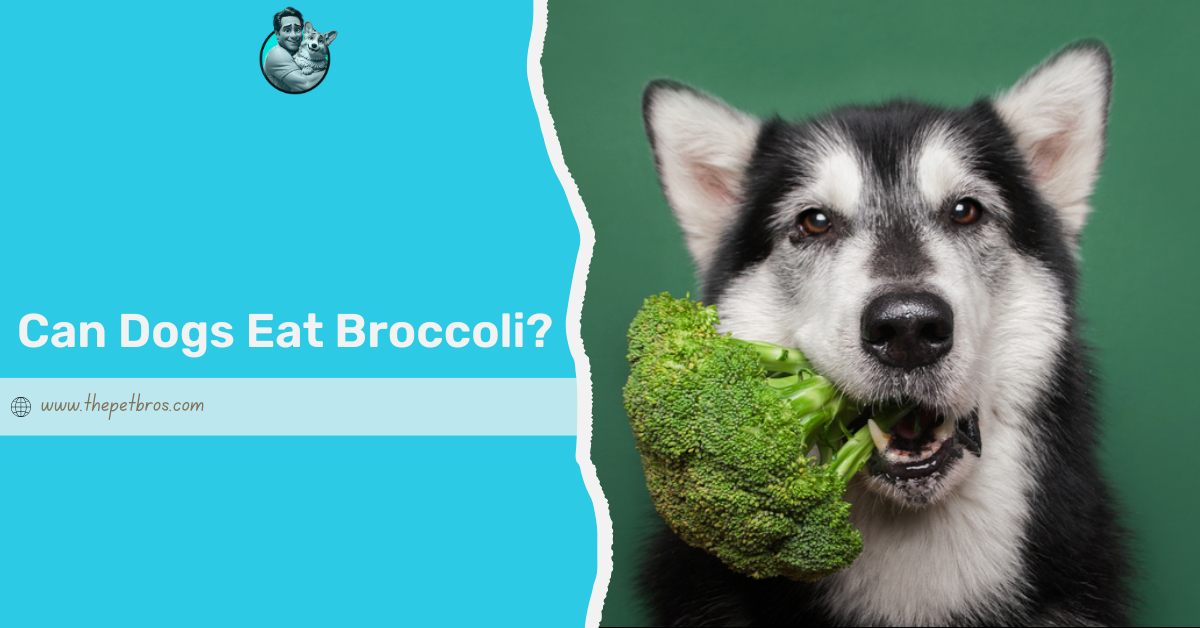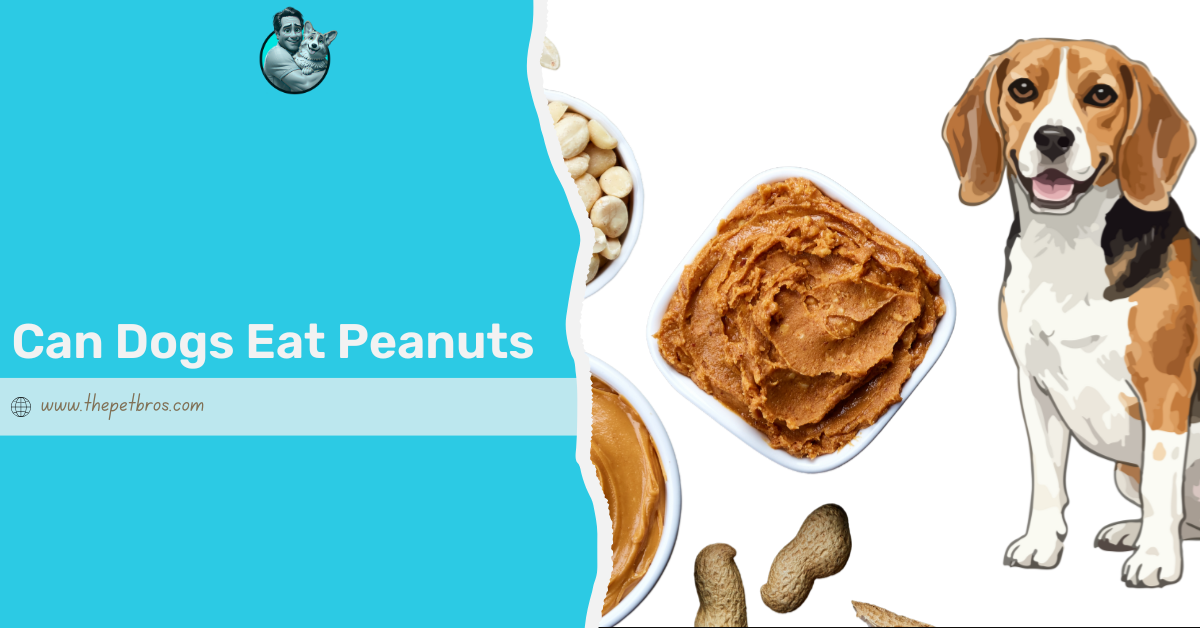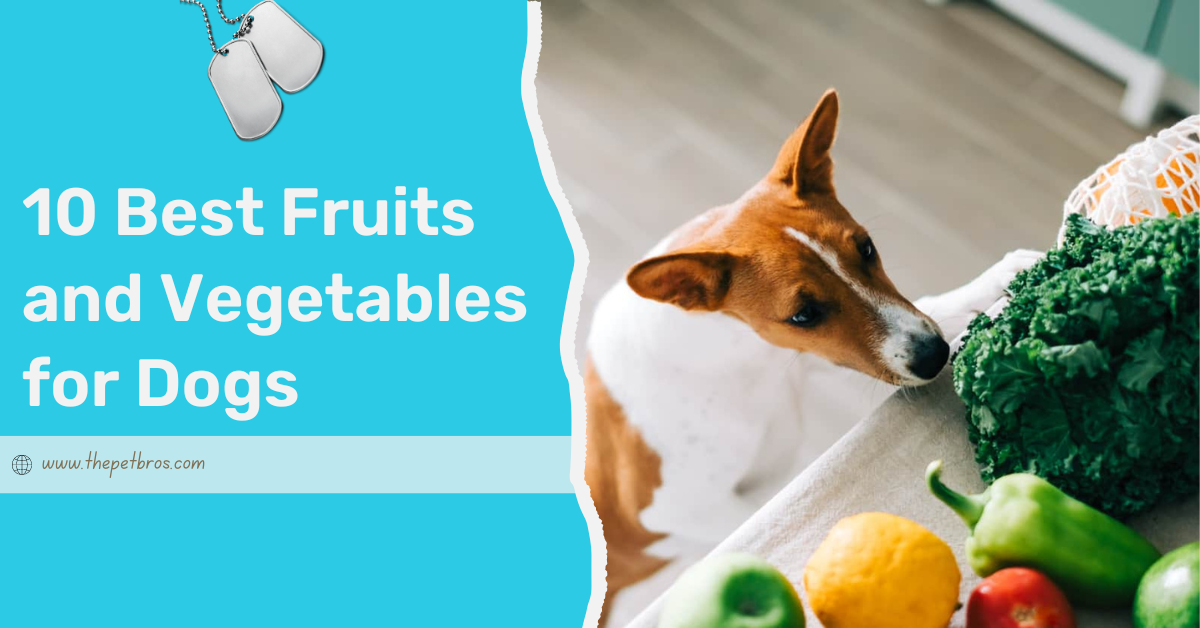There’s something a little ironic about it, isn’t there? A dog eating a hot dog. It sounds like the setup to a joke, but for many pet parents, it’s a real question. Imagine one evening you’re grilling in the backyard, hot dogs sizzling away, and your pup is locked onto you with those big, pleading eyes. You start to wonder, can dogs eat hot dogs?
The answer is yes, but only in moderation. A small piece of plain, cooked hot dog won’t harm most dogs, and many pups consider it a five-star treat. In fact, trainers sometimes use hot dog slices as high-value rewards because they’re so irresistible. But the thing there is that hot dogs are loaded with fat, sodium, and often preservatives that don’t do your dog’s health any favours if they get too much.
In this article, we’ll dig into the facts: when hot dogs are safe, what risks to watch out for, and how you can use them smartly.
Can Dogs Eat Hot Dogs, and Should They?
Yes, dogs can eat hot dogs, but that doesn’t mean they should make a habit of it. A few small, plain pieces of cooked hot dog are fine on occasion, especially if they’re made from beef, turkey, or chicken. The problem begins when those tasty bites are loaded with extras like garlic, onion, or artificial preservatives, which can cause severe stomach trouble for your pup.
Think of hot dogs as one of those “technically safe but not ideal” human foods dogs can eat. It’s the kind of treat that gets tails wagging but doesn’t offer much long-term benefit. The fat and sodium levels are high, and too much can lead to dehydration, digestive upset, or even pancreatitis.
What are the Pros and Cons of Feeding Your Dog Hot Dogs?
Unlike garlic, which should never find its way to your dog’s plate, hot dogs aren’t all bad. They’ve got some redeeming qualities that make it okay for your nonchalant dogs to go wild for them. They’re soft, meaty, and packed with protein. However, the downsides are worth noting as well. Here’s a quick look at the good and the not-so-good:
| Pros | Cons |
|---|---|
| Hot dogs are a good source of protein that supports muscle growth and provides energy. | Hot dogs are high in fat, which can trigger pancreatitis or stomach upset. |
| Dogs love the taste, making it a high-value reward. | It is loaded with sodium, which can lead to dehydration. |
| Hot dogs are easy to cut into small, bite-sized treats. | They often contain harmful additives like nitrates, Monosodium Glutamate, and artificial colours. |
| It can help hide pills if your dog is a picky eater. | Whole hot dogs can be choking hazards if not cut into pieces. |
Hot Dogs as Training Treats
Hot dogs are every dog’s guilty pleasure: salty, soft, and full of that irresistible smell that makes tails wag instantly. That’s why trainers often rely on hot dogs as training treats to capture a dog’s attention quickly. The trick, however, is keeping it small and occasional. Just a few tiny pieces can make training more exciting, but feeding too much too often can overload your dog with fat and sodium.
For healthier alternatives, think outside the bun. Many nutritious fruits and vegetables can replace hot dogs, such as small chunks of apple, carrot sticks, potatoes, kale, blueberries, or even cucumber slices, which make fantastic training rewards. They’re crunchy, low in calories, and packed with vitamins, the kind of snack that fuels your pup’s health instead of risking it.
How to Safely Feed Hot Dogs to Dogs
If you plan to share a bit of your hot dog with your pup, safety comes first. Always choose plain, low-fat, and low-sodium hot dogs without spices, garlic, or onion; those ingredients can cause stomach upset or worse. Cook the hot dog before serving, slice it into bite-sized pieces, and serve it plain. Never add toppings like mustard, ketchup, or relish, as they often contain ingredients dogs shouldn’t eat.
If your dog has a history of sensitivities, consider an allergy test before introducing new foods, such as processed meats. Some dogs react to additives or preservatives without showing obvious signs right away. You might notice a red paw, scratching, or skin irritation before anything else. That’s your cue to stop and check in with your vet.
Conclusion
So, can dogs eat hot dogs? Yes, but only as a once-in-a-while treat. A few plain, cooked slices are fine, but making it a habit could leave your pup yawning abnormally through tummy troubles later. Keep it fun, keep it balanced, and toss them a carrot instead.
FAQs
What happens if my dog eats a hot dog?
They may have mild stomach upset; too many can cause serious issues like pancreatitis.
What foods are dogs not allowed to eat?
Grapes, chocolate, onions, garlic, xylitol, alcohol, and certain nuts.
Can dogs eat hot dog buns?
Small bites are safe, but buns add empty carbs and calories, so they are not recommended.
Can dogs eat sausage?
Some plain sausages may be safe, but most contain fat, salt, and seasonings that are unsafe for dogs.
Can dogs have hamburgers?
Yes, if plain and fully cooked, but avoid cheese, sauces, onions, and excess fat.






